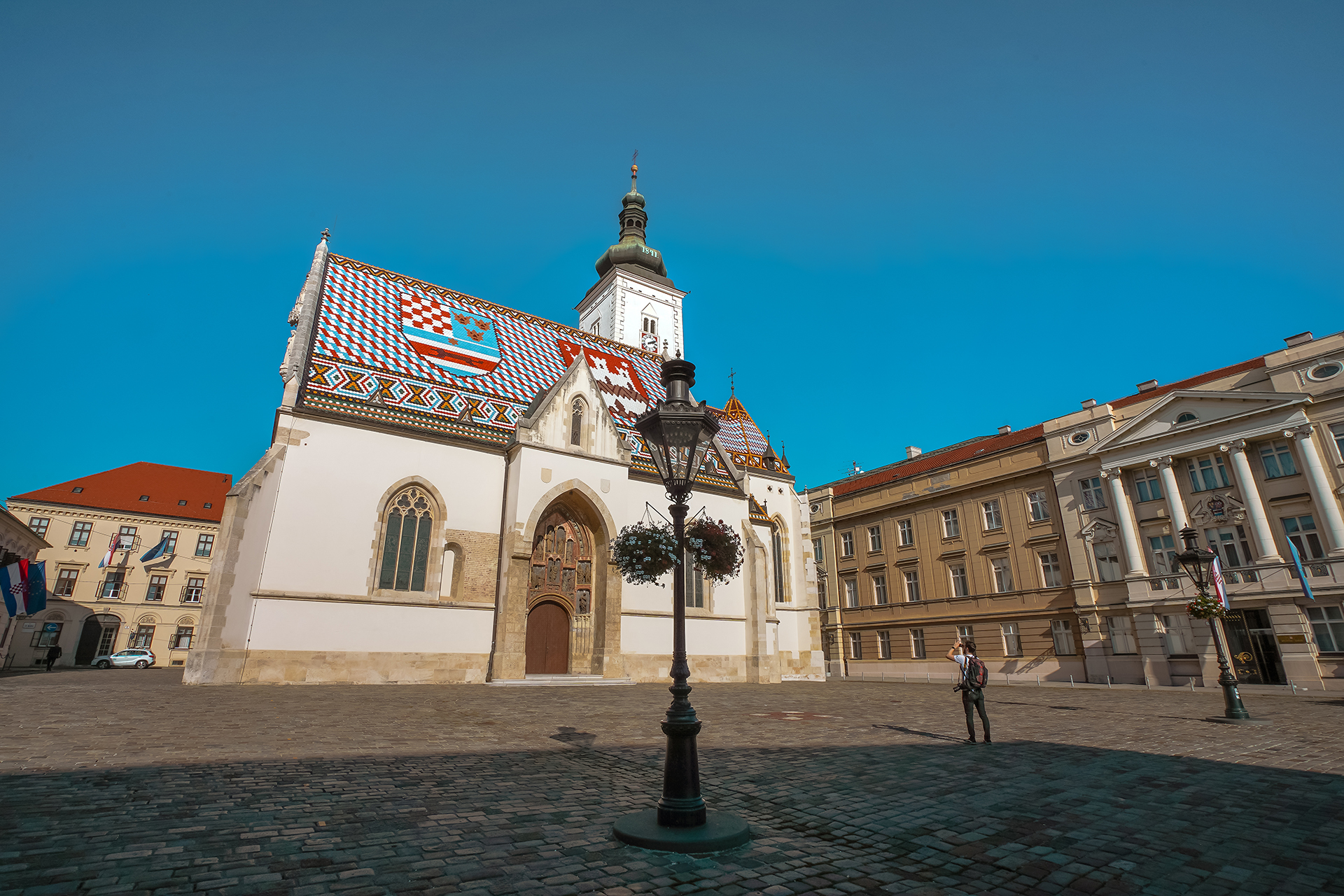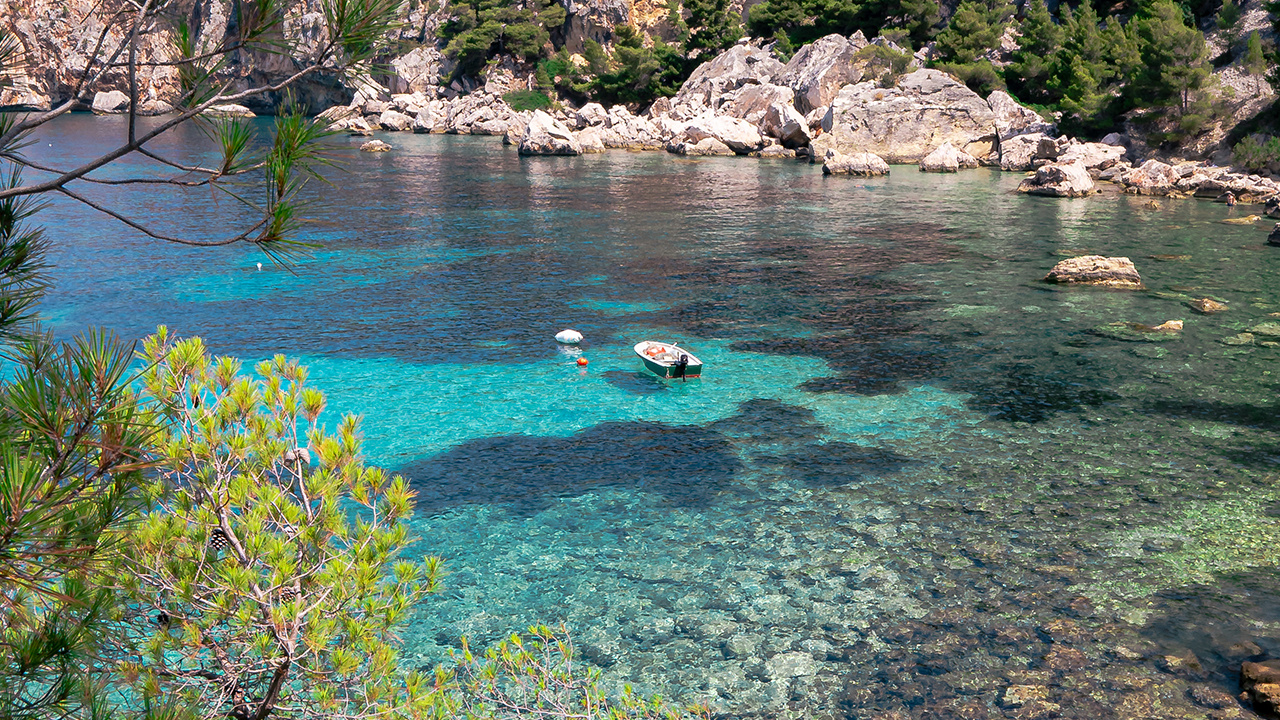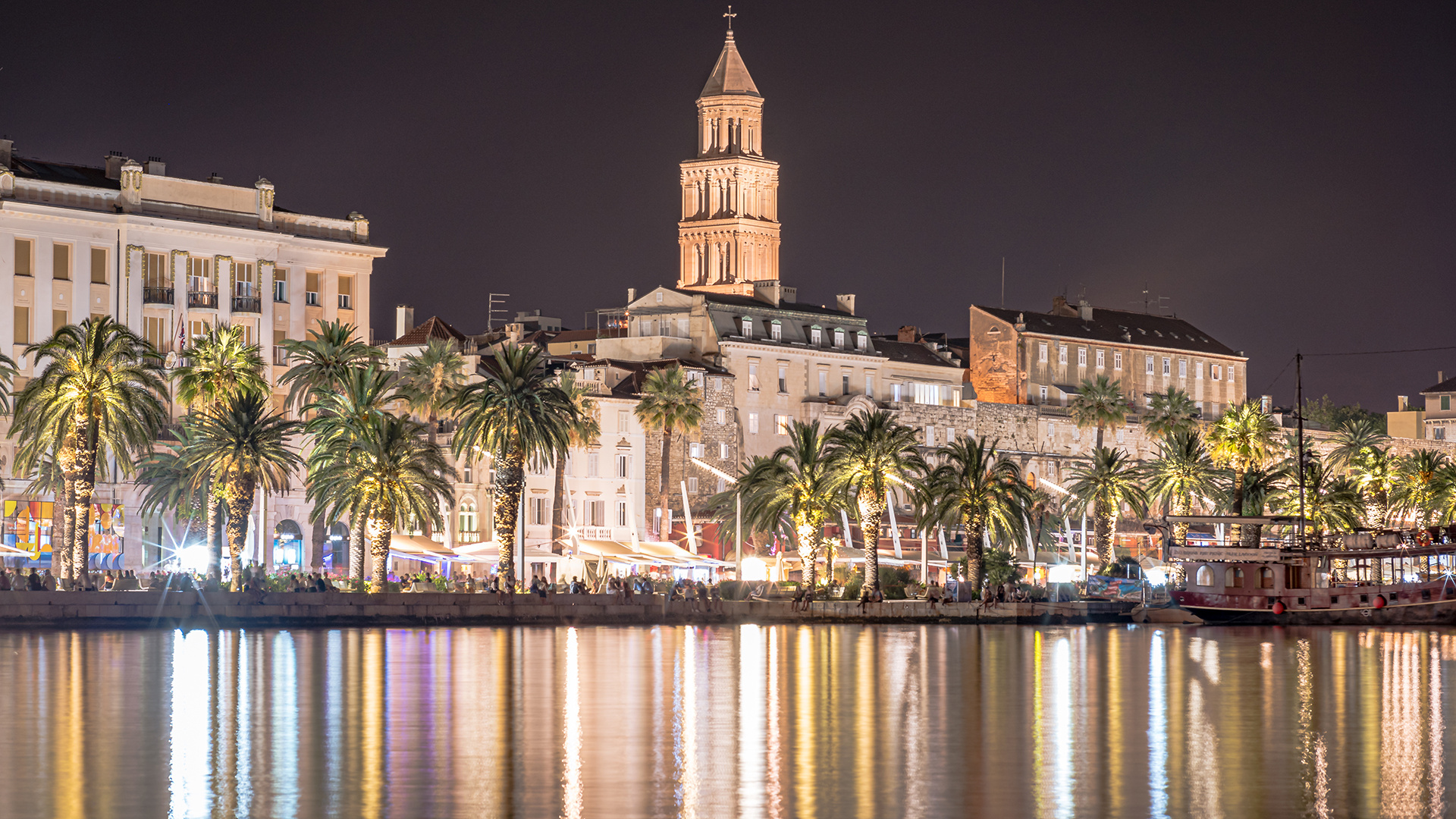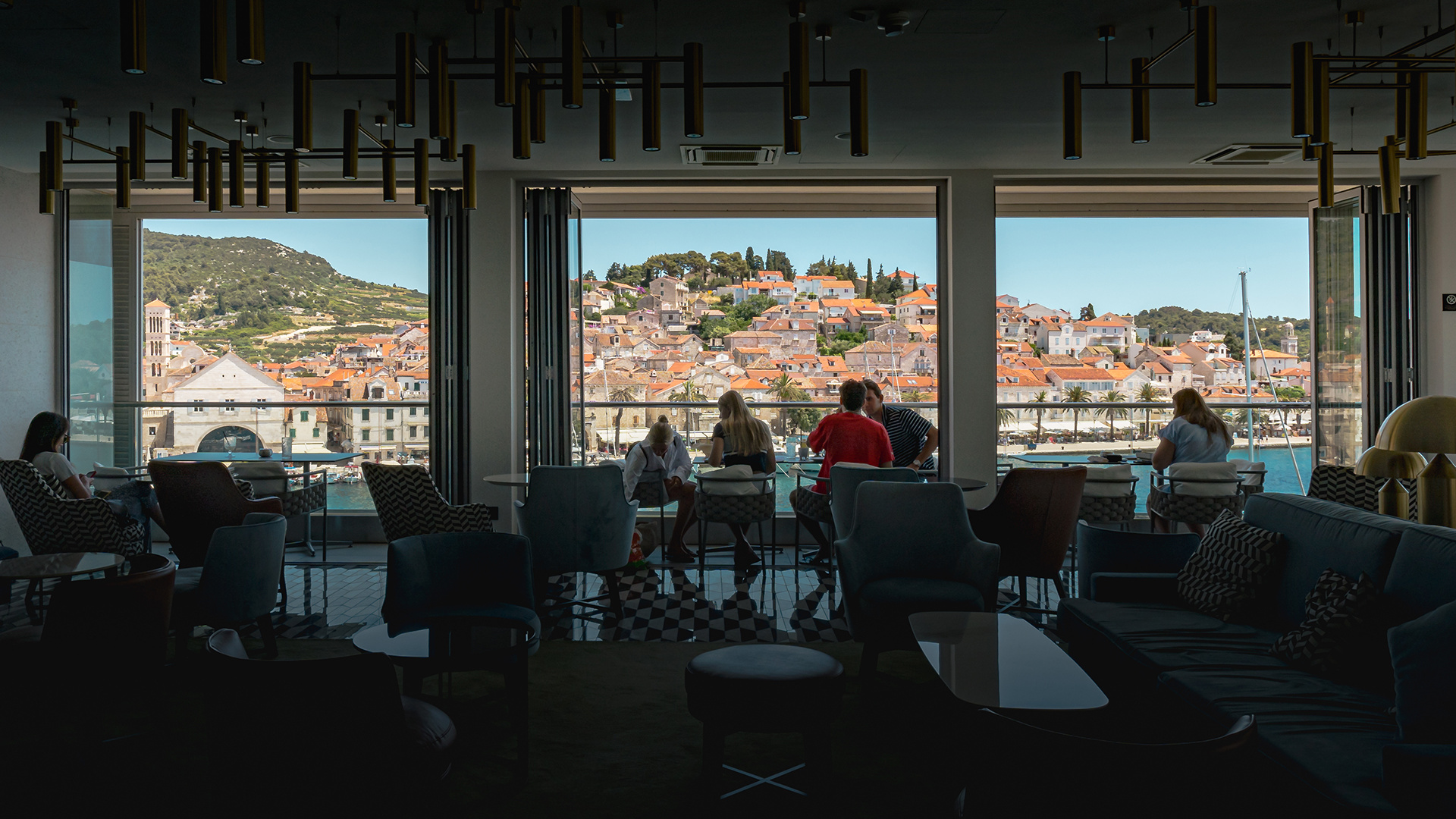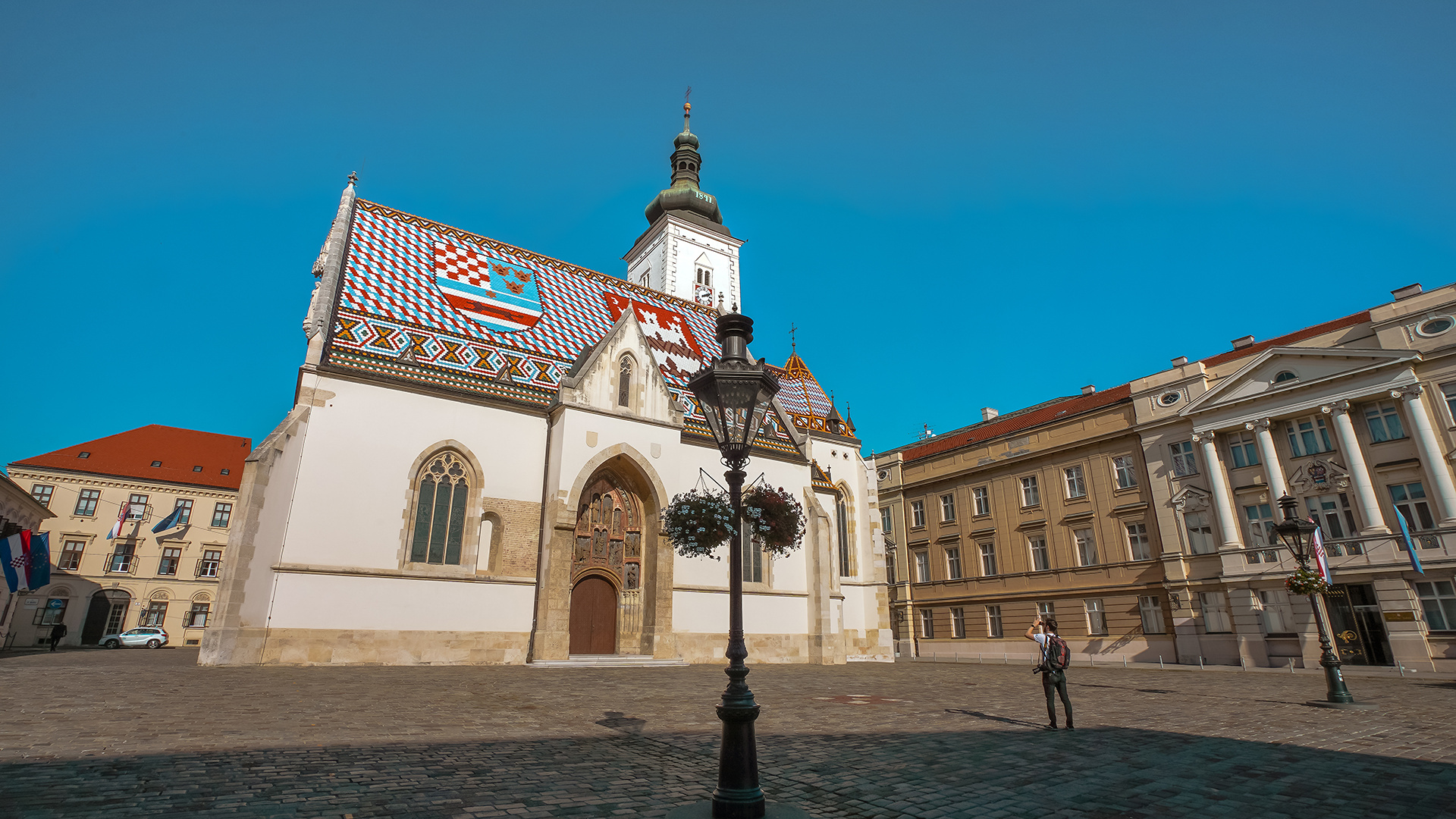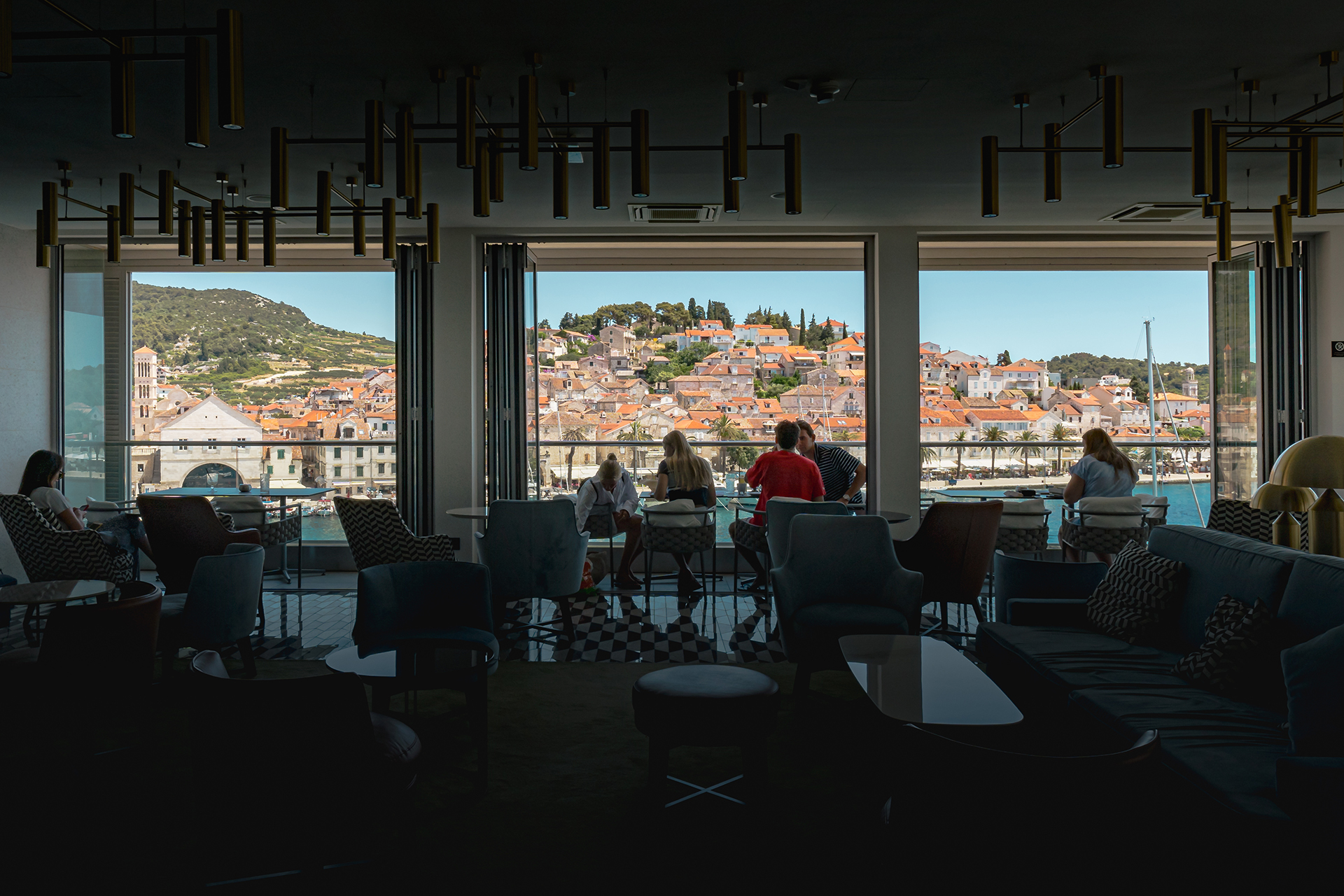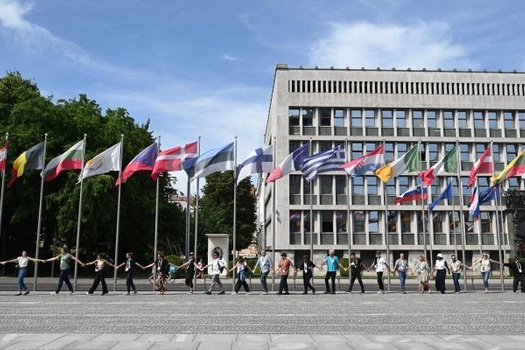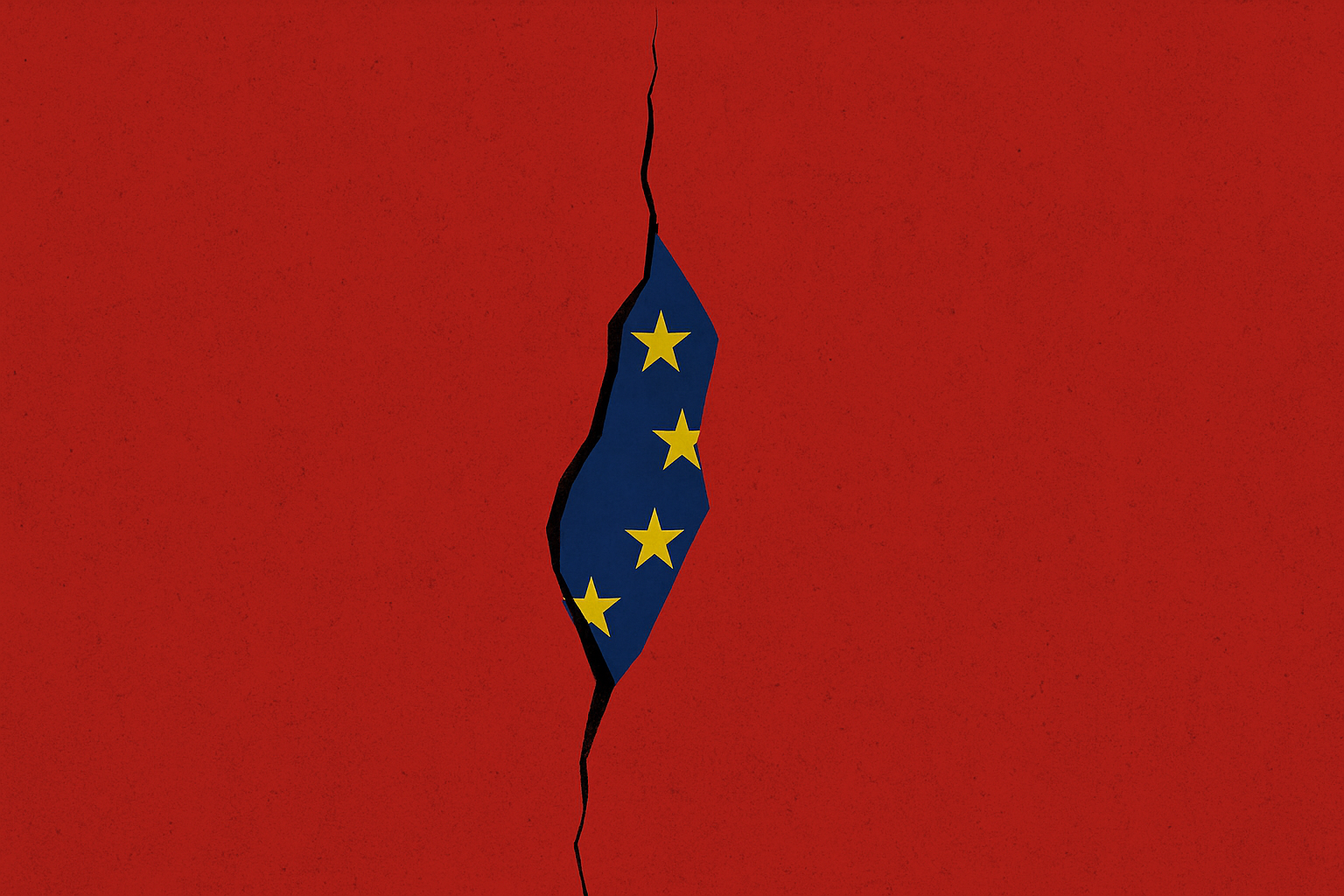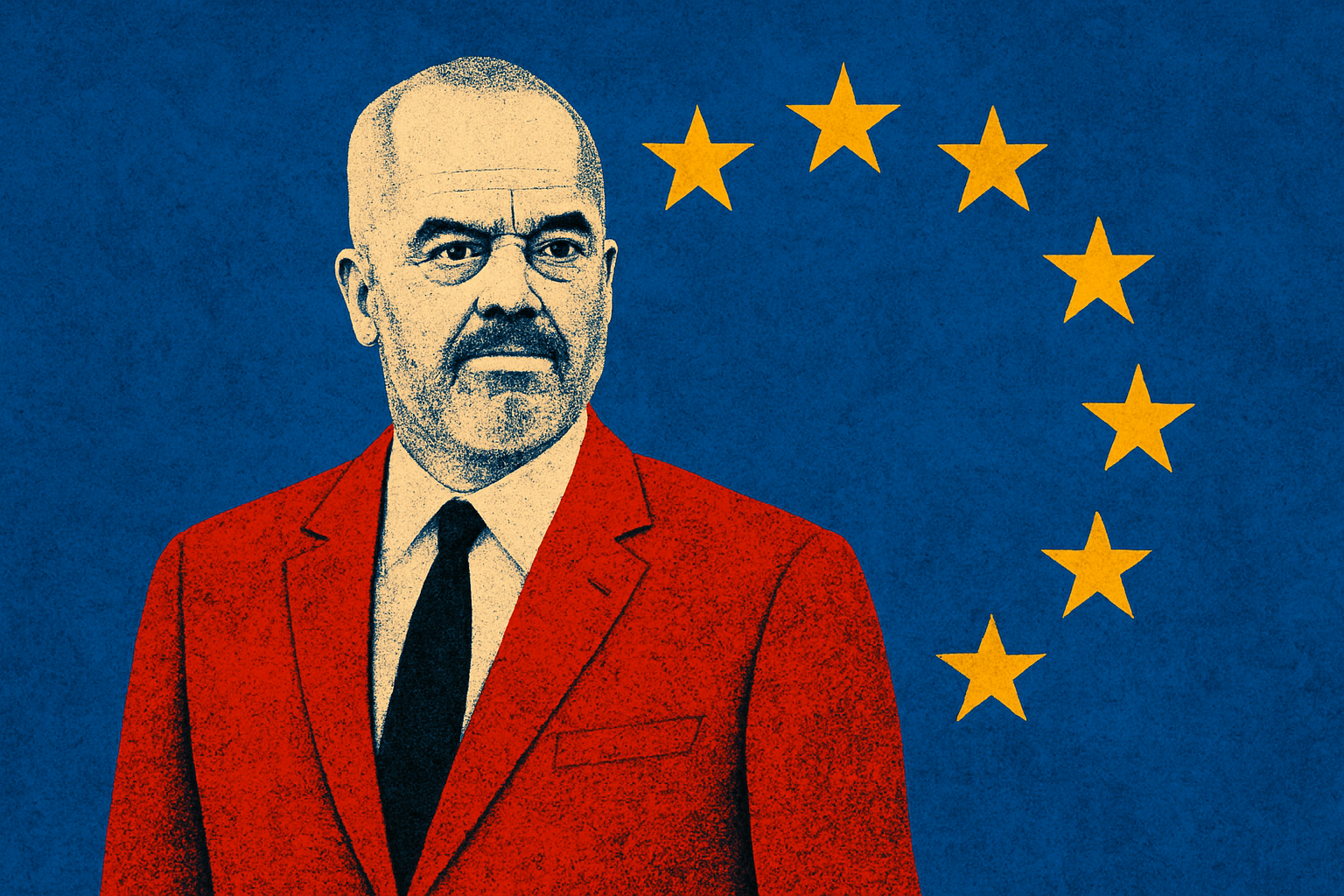“Digital Nomad”: From Unheard of to Buzzword Overnight
Steve Tsentserensky
CONTRIBUTOR AT THE ADRIATIC
Cover photo: Split Tech City and Bruno Dubravec
Other photos: Steve Tsentserensky
A few years ago, the term “digital nomad” carried little weight to most countries from a policy standpoint. A pandemic later and the landscape of how we work has changed dramatically with “digitalni nomadi” going from unheard of to a well-known phrase in the region. Remote work became the de facto standard rather than a lifestyle choice, covid serving to accelerate a slow brewing trend and introduce many to the idea of long term remote work.
And you know what? People liked it.
While not for everyone and not something available to all types of workers, plenty of people have embraced their new normal with Harvard Business Review finding that “40% of U.S. employees would start looking for another job or quit immediately if ordered to return to the office full time”. A recent Bloomberg headline adding “employees are quitting instead of giving up working from home”.
What exactly does that have to do with the Balkans though?
Work from home became work from anywhere and the Balkans have long been a destination for the nomadic to base themselves. According to Nomad List, among the go to resources for the remote work set, 3 regional capitals currently rank in the top 50 places to be a digital nomad (DN):
• Belgrade (5)
• Ljubljana (27)
• Zagreb (46)
Coronavirus presented an opportunity to work towards expanding tourism to a year-round industry and no country jumped on it with more vigor than Croatia – a nation that relies on it more than any other in the EU, with about 1/5th of GDP coming from tourists.
What famously started as an open letter on LinkedIn from Jan de Jong to the Prime Minister last July became the law of the land by January. Atypical speed from the infamously byzantine Croatian bureaucratic machine. Nowadays you’ll see conferences and events countrywide discussing everything from sustainable tourism to how to make cities more attractive to DNs to just bringing together nomads and locals to foster community. And it’s not just the famed coast, Zagreb currently has a digital nomad ambassador program and Slavonia in the east is working to lure nomads. The national tourist board even has a dedicated website.
And why not?
Croatia offers an unparalleled quality of life, stunning natural beauty, rich history, deep cultural heritage, safety, welcoming people and quality digital infrastructure at affordable prices. Same goes for much of the rest of the region as Budva hosts the Cross Border Coworking Conference next month bringing together thought leaders to expand the concept.
What do digital nomads bring to the table?
For starters, the pandemic helped dispel the notion that DNs are broke backpackers – they bring actual wealth. Exact numbers are tough to come by but research from MBO about American DNs found that “38% percent, or about 4.1 million [of 10 million+], say they earn $75,000 or more” and a survey from FlexJobs suggests 20% make between $50,000 and $99,999.
Because everything went remote, the jobs that are digital nomad friendly expanded greatly but the most typical are:
• Programmer
• Web or app developer
• SEO or PPC specialist
• Social media marketer
• eCommerce/digital entrepreneur
• Writer
• Photographer/videographer
• UI/UX/graphic designer
• Language teacher (generally English)
• Consultant or coach
More importantly, they tend to produce a constant stream of no-cost promotion of the country they live in which can have a multiplier effect on who comes later.
All in all, the Balkans continue to present a very compelling offering to the 10s of millions of digital nomads globally and creates compelling business opportunities for the countries that embrace them.



